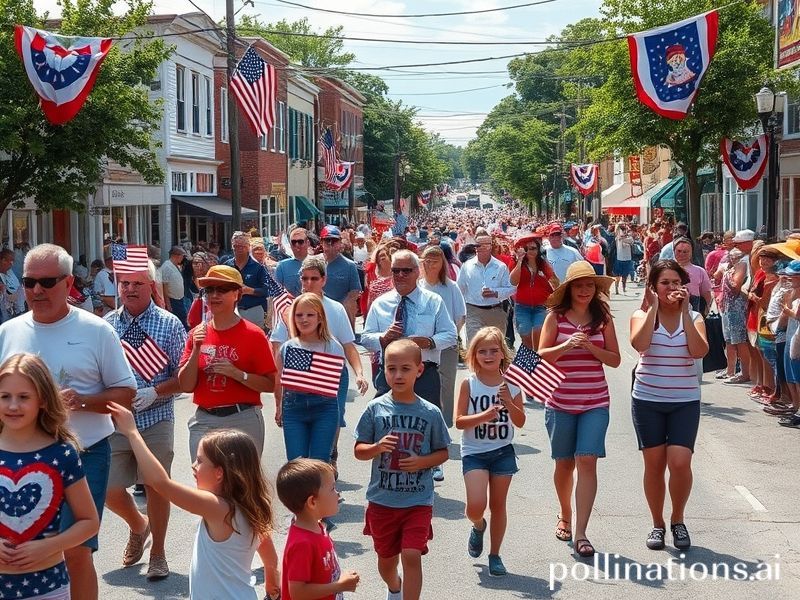US Holidays: The Global Party Crashers You Never Invited (But Secretly Love)
# **”US Holidays: The Global Party Crashers You Never Invited (But Secretly Love)**
Alright, folks, gather ’round. We need to talk about something that’s been sneaking into your timelines, your memes, and even your local celebrations like an uninvited guest who somehow becomes the life of the party: **US holidays**. Yes, those shiny, commercialized, often controversial days off that have somehow transcended borders and become global phenomena. But why? And more importantly, why are we all here for it?
## **The Cultural Export Nobody Saw Coming**
Let’s be real: the US has a knack for exporting culture. From fast food to film, from tech to trends, the States have been the world’s cultural Walmart for decades. But holidays? That’s a whole new level of soft power. Think about it: Halloween costumes are popping up in Tokyo, Valentine’s Day chocolates are flying off shelves in Paris, and even the humble Thanksgiving turkey is making appearances in Sydney. It’s like the US is the cool kid in the global schoolyard, and everyone’s trying to sit at their lunch table.
But why these holidays? Well, for starters, they’re **marketable**. Halloween? Perfect for costumes, candy, and Instagram-worthy decor. Valentine’s Day? A goldmine for florists, chocolatiers, and romantic comedy directors. The US has turned holidays into **experiences**, and experiences, my friends, are the currency of the 21st century.
## **Social Impact: The Good, The Bad, and The Ugly**
Now, let’s talk about the elephant in the room (or should we say, the turkey on the table?). Not everyone is thrilled about the US holiday takeover. Critics argue that it’s a form of cultural imperialism, where local traditions are overshadowed by Americanized versions of celebrations. And, well, they’re not entirely wrong. There’s something a little unsettling about seeing Santa Claus in a sari or a Halloween pumpkin next to a Diwali diya.
But here’s the thing: culture isn’t static. It’s a living, breathing entity that evolves, adapts, and sometimes, yes, gets a little messy. The fact that these holidays are being **reinterpreted** by different cultures is a testament to their flexibility. It’s not about erasing local traditions; it’s about adding new layers to the cultural tapestry.
And let’s not forget the **social glue** these holidays provide. In an increasingly connected world, shared experiences—even if they’re commercialized—help bridge gaps. A Halloween party in Berlin or a Thanksgiving feast in Seoul? That’s not just about the holiday; it’s about community, connection, and a shared language of fun.
## **Why It Matters**
So, why should you care? Because this isn’t just about holidays. It’s about **globalization**, **identity**, and the way we navigate a world that’s both hyper-connected and deeply fragmented. The US holiday trend is a microcosm of larger cultural shifts, where borders are blurring, and traditions are being redefined.
It’s also a reminder that culture is **democratic**. It’s not just about the elite or the traditionalists; it’s about the people. And right now, people around the world are voting with their candy corn and chocolate hearts, saying, “Hey, this is fun. Let’s do it our way.”
## **Conclusion: The Party’s Just Getting Started**
So, are US holidays taking over the world? Maybe. Should we be worried? Not necessarily. Should we be paying attention? Absolutely. Because this trend is more than just a fad—it’s a reflection of our globalized, interconnected world. And whether you’re team Halloween or team Hanukkah, one thing’s for sure: the party’s just getting started.
Now, if you’ll excuse me, I’ve got some pumpkin spice latte to drink and some Instagram stories to post. Happy celebrating, folks!







